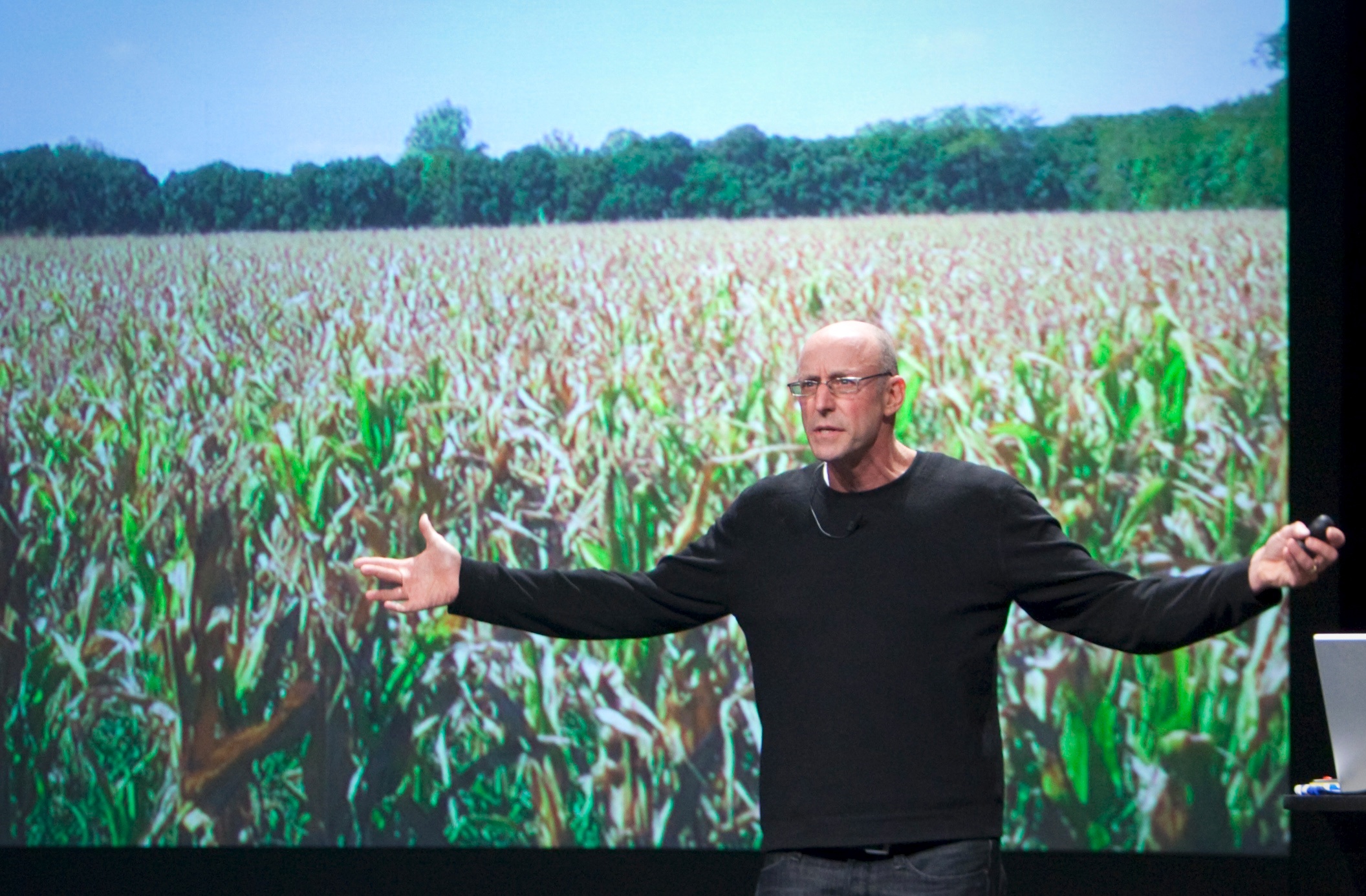
Eat Real Food for Optimal Health and Weight
Michael Pollan's PBS documentary "In Defense of Food" is based on Pollan's book by the same name. The title may seem odd at first. What kind of defense might food be in need of?
According to Pollan, food must be defended for the simple reason that the majority of what people eat today is not actually real food: it’s "edible food-like substances" that have no counterpart in nature.
January 30, 2016 | Source: Mercola | by Dr. Mercola
Michael Pollan’s PBS documentary “In Defense of Food” is based on Pollan’s book by the same name. The title may seem odd at first. What kind of defense might food be in need of?
According to Pollan, food must be defended for the simple reason that the majority of what people eat today is not actually real food: it’s “edible food-like substances” that have no counterpart in nature.
You don’t have to go very far back in history to get to a point where “what should I eat?” was a nonexistent question. Everyone knew what “food” was. They harvested food off trees, bushes and out of the ground, and they ate it, either raw or cooked in some fashion.
Our current confusion about what to eat is basically the result of forgetfulness. The food industry and nutritional science both stand to gain from this kind of confusion.
They keep trying to “help” you, yet for all their expert help, people have only gotten sicker. Neither of these industries has outsmarted or outperformed nature as of yet.
Pollan also argues that you cannot divorce yourself from the health of the food chain of which you are a part. Soil health, for example, is a crucial component as it affects the health of the food grown in it, so how and where food is grown is a factor to be taken into consideration.
A Healthy Diet Cannot Be Reduced to Individual Nutrients
The food industry has radically altered — or as Pollan says, destroyed — our diet; reducing “food” to a list of individual nutrients listed on a box. Some of these nutrients are said to be “good,” whereas others are said to be “bad.” And, which is which changes at regular intervals.
Advertising also plays a role, with all manner of junk food being presented as having some sort of benefit. The tendency to think about food in terms of nutrients is also fueled by the food industry’s practice of making health claims for specific nutrients added to or removed from their products.
As a result, confusion reigns when it comes to what foods should be on the plate. Pollan refers to this as “The American Paradox: The more we worry about nutrition, the less healthy we seem to become.”
